New Delhi, Oct 2, 2024: Experts from leading universities, institutions, and NGOs from across India gathered here recently at a national conference to advance conversations on creating more inclusive higher education systems for students with disabilities.
Organized by Ashoka University’s Office of Learning Support (OLS), the second edition of “Building Foundations for Inclusive Higher Education” conclave at the India Habitat Center (IHC) was built on the discussions held from last year’s inaugural conclave to explore critical areas that need attention to ensure equal access to education for all.
A report titled "Access to Higher Education: An Unresolved Challenge for Students with Disabilities," was unveiled by Reena Gupta, Director of the Office of Learning Support (OLS) at Ashoka University, and Neha Trivedi, Founder of Spandan. The report examines the barriers students with disabilities face and offers detailed recommendations to Higher Education Institutes (HEIs) on how to address these issues.
The event saw participation from over 100 key stakeholders in government, academia, and industry, including Rina Sonowal Kouli, Joint Secretary, Ministry of Higher Education, Dr Pankaj Mittal, Secretary, Association of Indian University; Dr Jagdish Arora, Advisor, National Board of Accreditation; Dr R.K. Chadha, Ex-Additional Secretary at Parliament of India, Lok Sabha; Ipsita Mitra, Deputy Secretary, Policy, Department of Empowerment of Persons with Disabilities & Ministry of Social Justice and Empowerment, Neha Trivedi, Founder of Spandan: Inclusion and Accessibility Consultancy Services; Dr Homiyar Mobedji, Disability Expert, Program Management - Asia & Africa, Benetech and Dr Piyush Chanana, Head, National Centre for Assistive Health Technologies (NCAHT) at IIT Delhi amongst others.
This year’s conclave builds on the foundations laid by the inaugural event in 2023 which featured conversations and a white paper on the “Future of Disability Inclusion in Higher Education.
The Conclave featured four dedicated Idea Labs that explored critical themes, including building support structures and reasonable accommodation frameworks at HEIs, strengthening accessible library systems and educational content accessibility, facilitating access to assistive technology for students in higher education, and empowering faculty as agents of inclusive teaching. These sessions provided a comprehensive view of the challenges, addressing everything from policy frameworks to institutional support systems.
In his welcome address, Prof Somak Raychaudhury, Vice-Chancellor of Ashoka University, reiterated the institution's commitment to making higher education accessible and added, “At Ashoka University, we believe that true excellence in education can only be achieved when it is accessible to all. This initiative represents our dedication to fostering an inclusive environment where students with disabilities can thrive.”
Dr Pankaj Mittal, Secretary of the Association of Indian Universities addressed the concern of low participation of differently abled in India’s higher education system and said, “The four key reasons for low participation are inadequate infrastructure in the higher education system, lack of support services like Ashoka’s Office of Learning Support (OLS), stigma attached to persons with disabilities and financial constraints. Out of which, the foremost reason is the stigma, and the mindset towards disability needs to be changed.”
Dr R K Chadha, former Additional Secretary of the Parliament of India (Lok Sabha), offered recommendations to enhance the accessibility of persons with disabilities and integrate them more effectively into the mainstream. He proposed that 10-15% of the Corporate Social Responsibility (CSR) budget be allocated to initiatives supporting persons with disabilities, alongside the provision of disability pensions. For the education sector, Dr Chadha recommended proper implementation of UGC and AICTE norms and emphasized that greater weight should be given to a university’s social standards when assessing accreditation.
In her remarks, Rina Sonowal Kouli, Joint Secretary, Ministry of Higher Education said, “As part of the mandate of the National Education Policy, we also support disadvantaged groups including those with invisible disabilities like mental health. The ministry has initiated a pilot scheme where we are sensitizing our faculty to understand what specific learning disability is all about and how the institutions should reach out to students to understand their requirements. Apart from initiatives to address disability challenges, we are also working on mental health capacity building programmes to build resilience in students.”
“Conclave 2.0 has highlighted the importance of collaborative action across the education and policy sectors. By building on the frameworks discussed today, we will continue to create collective action plans to foster a truly inclusive learning ecosystem in higher education,” Reena Gupta commented.




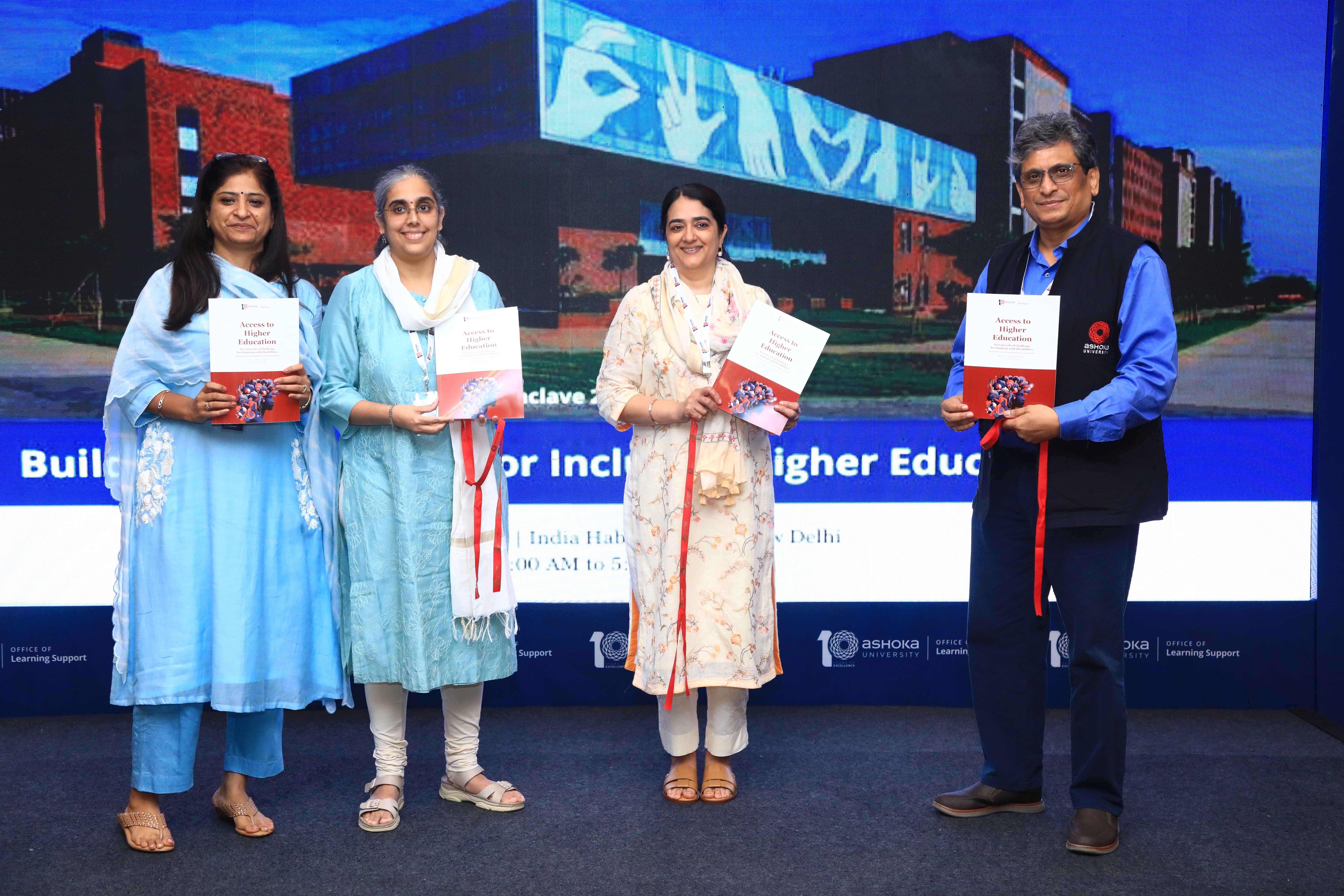

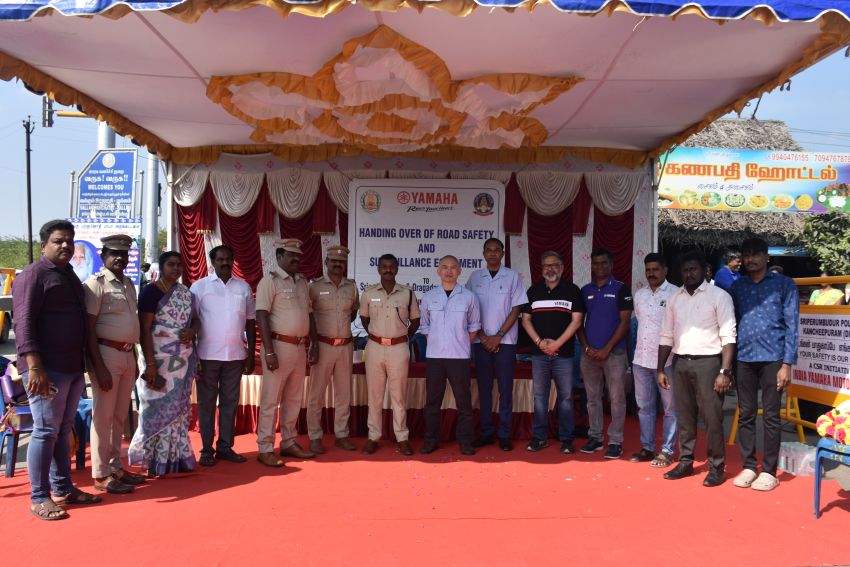

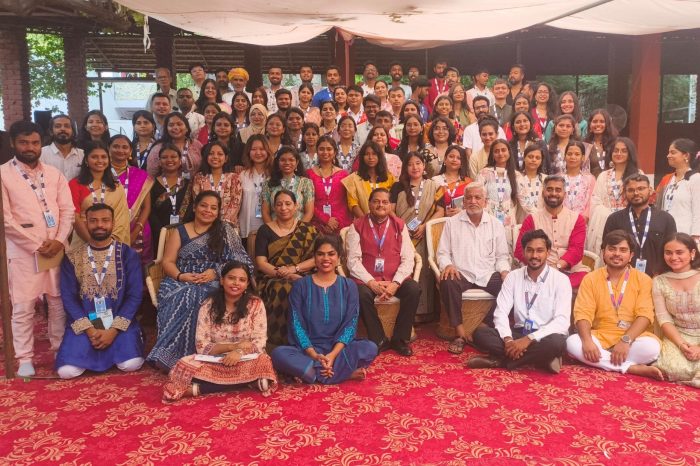


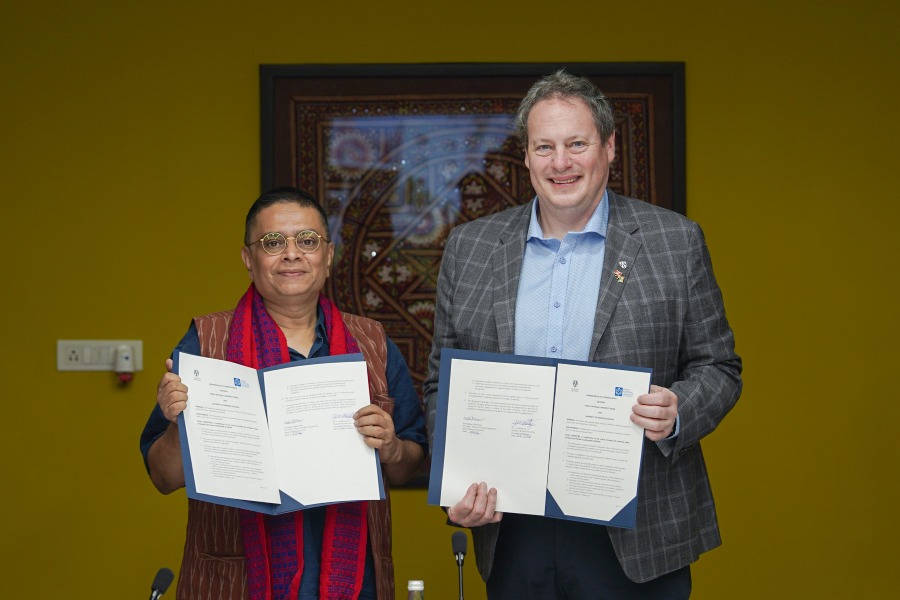
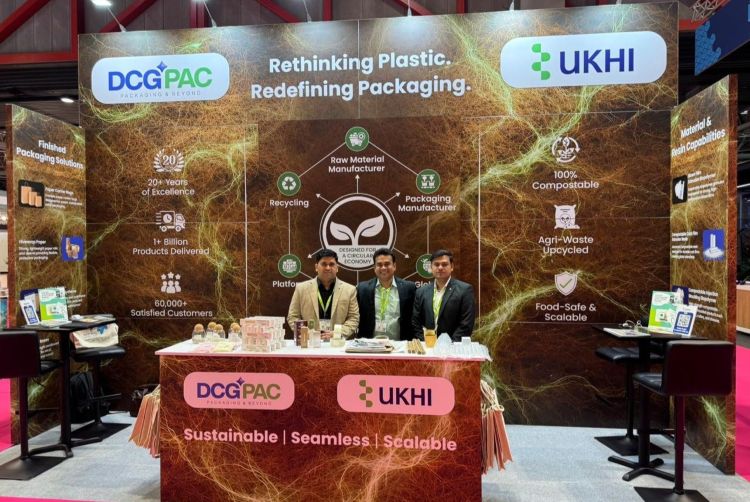



.jpg)



